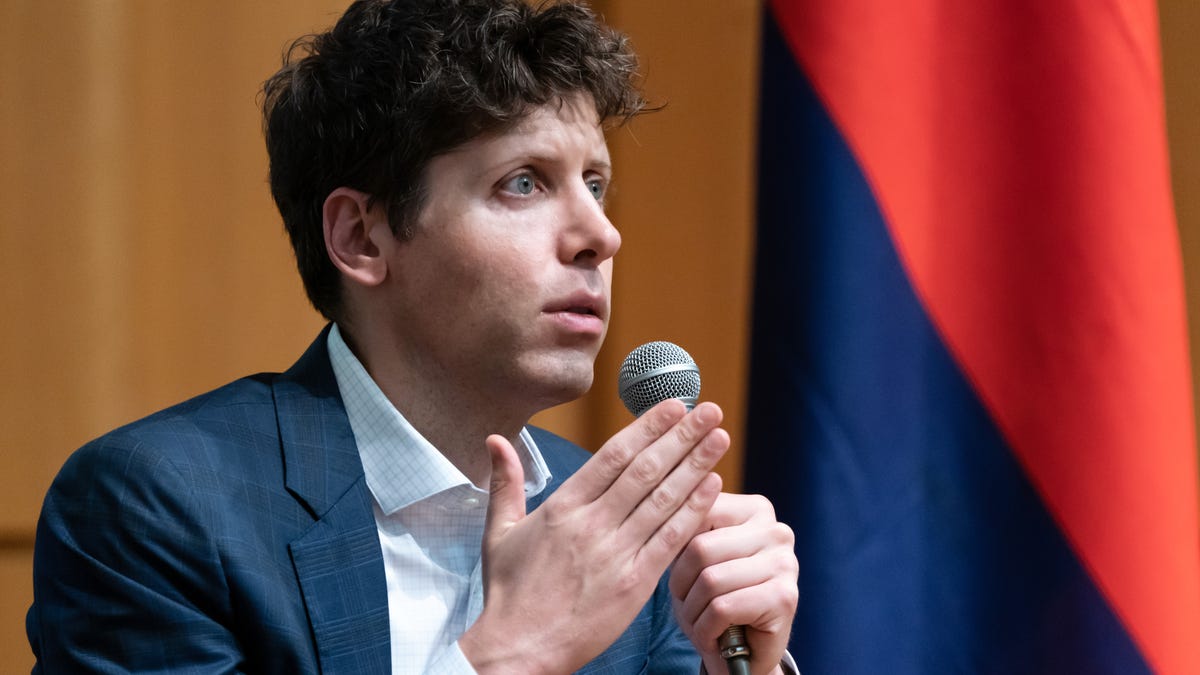OpenAI expands to Asia with Japan office

OpenAI marked its expansion into Asia by opening its first office on the continent in Tokyo, Japan, the company said Sunday.
“We chose Tokyo as our first Asian office for its global leadership in technology, culture of service, and a community that embraces innovation,” OpenAI said in a blog post.
Tadao Nagasaki was named the president of OpenAI Japan, and will lead its commercial and market engagement efforts, as well as build its team in the country.
Advertisement
OpenAI is giving Japanese businesses early access to a custom GPT-4 model that has improved performance in translating and summarizing text in Japanese and is cost-effective and three times faster than its predecessor, the company said. The office in Tokyo will also bring OpenAI closer to Japan’s top technology companies, including Daikin, Rakuten, and Toyota Connected, which already use ChatGPT Enterprise for tasks such as data analysis and internal reporting, it said.
Advertisement
In addition to businesses, local governments in the country have also used ChatGPT to provide services, including Yokosuka City, where almost all city employees have access to ChatGPT—and 80% have reported it increased their productivity, according to OpenAI.
Advertisement
“We’re excited to be in Japan which has a rich history of people and technology coming together to do more,” OpenAI chief executive Sam Altman said in a statement. “We believe AI will accelerate work by empowering people to be more creative and productive, while also delivering broad value to current and new industries that have yet to be imagined.”
OpenAI has “a backlog of demand” and expects “a meaningful contribution from Japan over time,” chief operating officer Brad Lightcap told reporters in Tokyo on Monday. Altman and Lightcap have reportedly pitched ChatGPT Enterprise to hundreds of top business executives this month in New York, San Francisco, and London—including customers of its backer Microsoft. Its enterprise AI service is one of the ways it is attempting to diversify its revenue stream. OpenAI is reportedly on track to reach its target revenue of $1 billion it had projected for this year.
Advertisement
Meanwhile, the U.S. has pressured Japan and other allies to curb exports of advanced chipmaking technology to China in an effort to slow its AI development. Japan and South Korea are the top two suppliers of silicon wafers to China, according to a February report from the Korea Institute for International Economic Policy cited by Bloomberg. U.S. officials will reportedly meet with South Korean and Japanese officials in June to discuss working together on advanced chipmaking efforts.
Original Source
